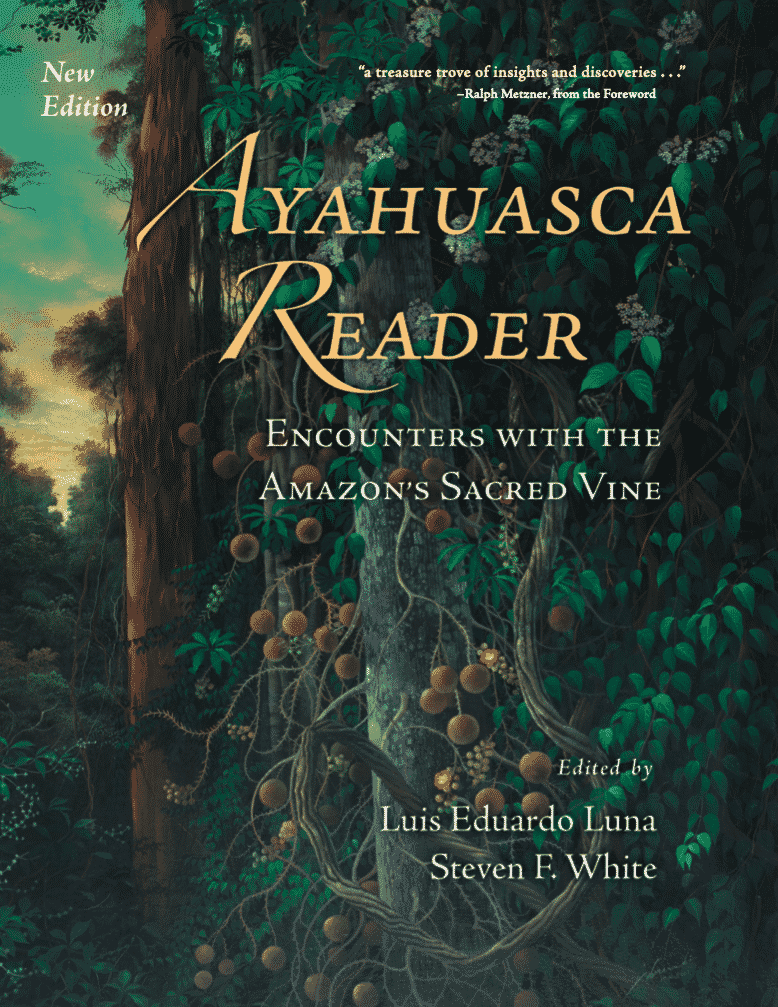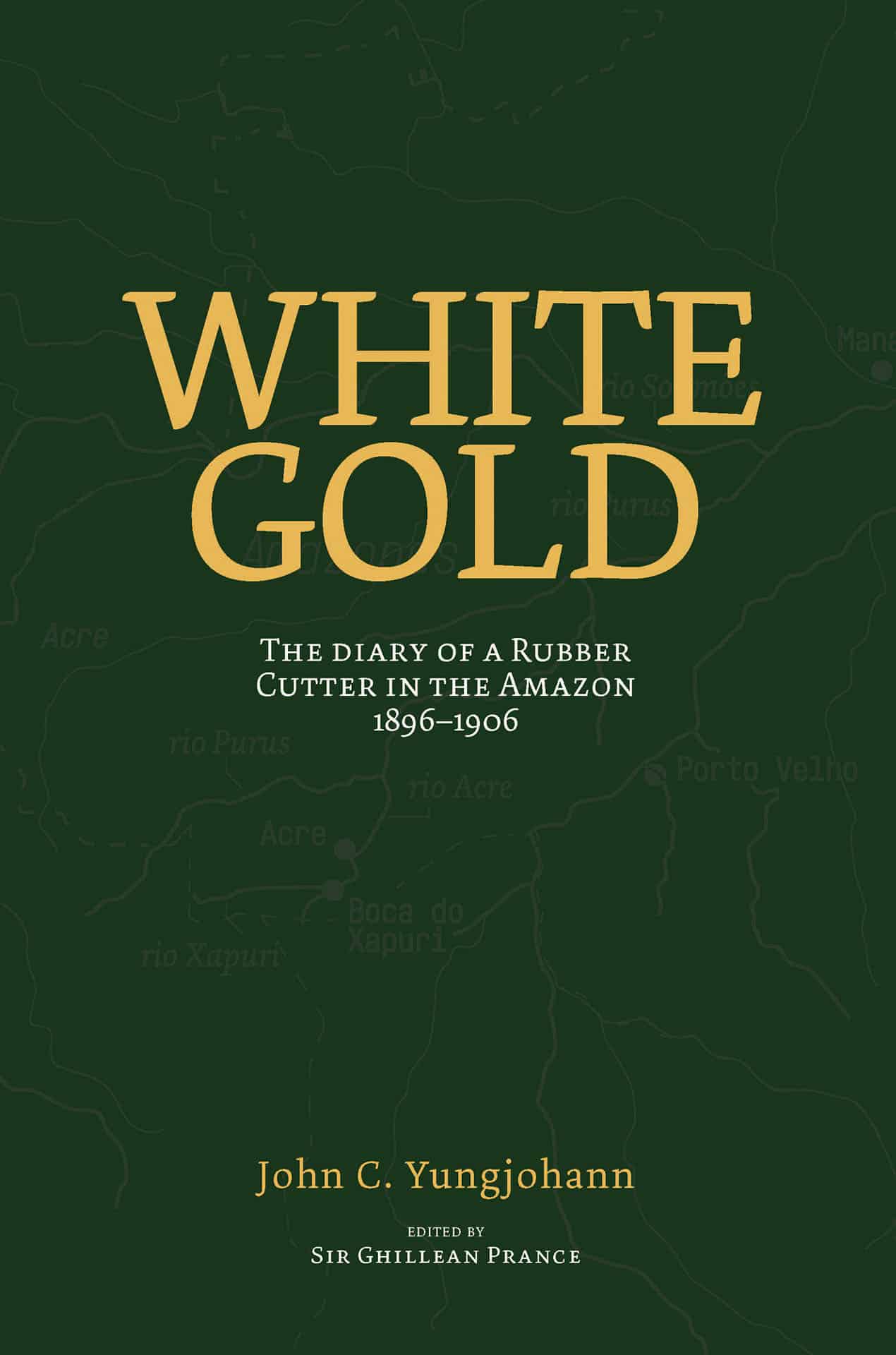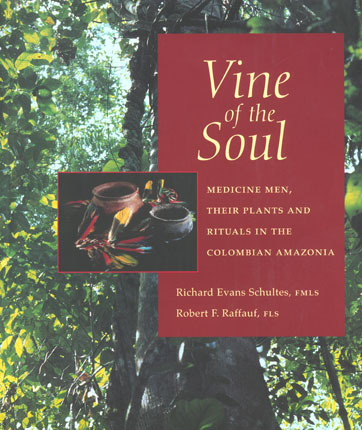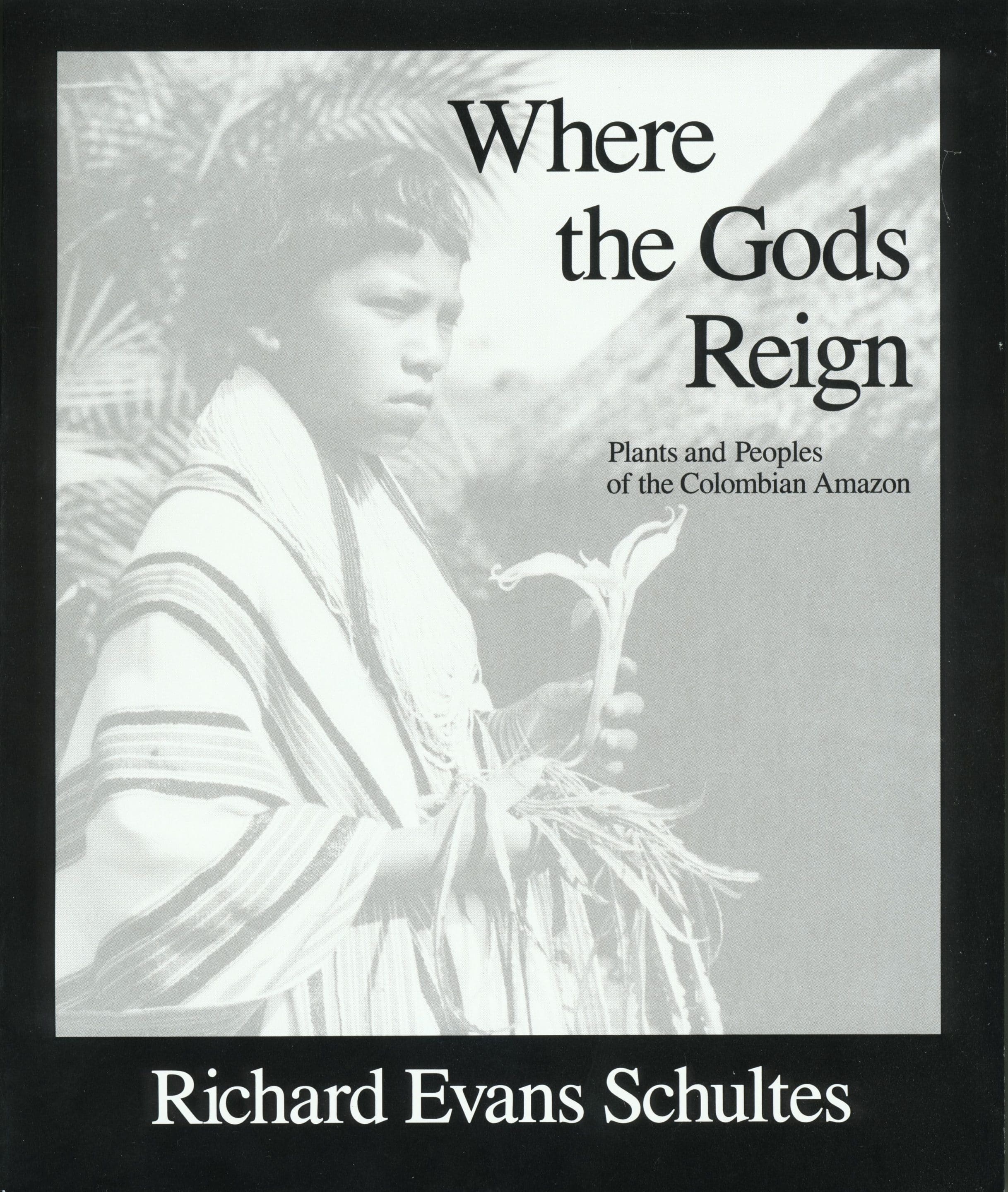Indigenous Month: A Journey Through Wisdom, Resilience, and Timeless Traditions
In recent years, there has been a global resurgence of interest in Indigenous knowledge systems. This revival is not just a nostalgic look at the past but rather a realization that Indigenous wisdom holds critical insights for the future—especially in areas such as environmental preservation, community resilience, and holistic well-being. The question arises: Why are we, as a society, suddenly opening our eyes to this ancient wisdom? This post explores the driving forces behind this shift, the challenges faced in integrating Indigenous knowledge, and the ways we can honor and learn from these age-old traditions.
A Long Overdue Awakening
Indigenous knowledge, sometimes referred to as Traditional Ecological Knowledge (TEK), encompasses centuries of observation, interaction, and adaptation to local ecosystems. As defined by the International Encyclopedia of Human Geography, it includes “the understandings, skills, and philosophies developed by local communities through long histories of interaction with their natural surroundings.” This knowledge, passed down through generations, offers sustainable ways to live in harmony with nature—an approach that starkly contrasts the exploitative practices often found in modern capitalist systems.
In his recent speech, President Biden formally acknowledged the United States’ long history of injustices toward Indigenous communities and offered an apology, calling for greater recognition and respect for Indigenous wisdom and contributions. This apology marks a pivotal moment, signaling an increasing shift toward valuing Indigenous knowledge not only as cultural heritage but as essential wisdom for humanity’s survival and progress. As we move into an era of reawakening ancient wisdom, Biden’s words underscore the need to integrate these teachings into mainstream systems, bridging past wounds with future healing. By recognizing the importance of Indigenous perspectives, we open the door to a more inclusive and sustainable path, one that respects all voices and sees humanity as a collective whole working toward a brighter future.
One of the primary reasons for this renewed interest is the environmental crisis we are facing today. Climate change, deforestation, pollution, and the loss of biodiversity threaten the very survival of Indigenous peoples, who are intimately tied to their lands and resources (UN iLibrary). However, these same communities also hold the key to mitigating many of these crises. Indigenous practices of land stewardship, water management, and biodiversity conservation offer practical, tested solutions that can be adapted for global use.
As we grapple with the consequences of unchecked industrialization, many are beginning to see the limits of Western scientific approaches, which often prioritize short-term gains over long-term sustainability. By contrast, Indigenous knowledge systems emphasize a deep, reciprocal relationship with nature. They are living, dynamic, and rooted in the belief that humans are not separate from, but rather an integral part of, the natural world (childtrends.org).

Challenges in Integrating Indigenous Knowledge
Despite the growing recognition of the value of Indigenous knowledge, there are significant challenges to its preservation and integration into mainstream systems. A study on “Challenges of Managing Indigenous Knowledge with other Knowledge Systems for Agricultural Growth in sub-Saharan Africa” outlines some of these difficulties, including intellectual property concerns, cultural sensitivity, and the digital divide. Indigenous knowledge is often closely guarded within communities, and for good reason. Too often, it has been appropriated, commercialized, and misrepresented by outsiders, without proper recognition or benefit to the originating communities.
There are also practical barriers, such as language differences and access to Indigenous communities. Many Indigenous practices are conveyed orally, through stories, songs, and ceremonies, making it difficult to document and digitize them in ways that align with Western modes of knowledge sharing. Furthermore, ethical concerns around ownership, data privacy, and the potential for exploitation loom large. How can we ensure that Indigenous communities retain control over their knowledge while making it accessible in ways that benefit the broader society?
Additionally, there are financial and infrastructural obstacles. Indigenous knowledge systems often rely on communal structures that lack the resources or funding needed to preserve and share their wisdom on a large scale. Long-term preservation and sustainability of these knowledge systems require dedicated efforts from governments, organizations, and communities.
The Moral Imperative: Ethical Space and Two-Eyed Seeing
To truly honor Indigenous knowledge, we must approach it with respect and humility, acknowledging the deep historical and cultural contexts from which it arises. One framework for doing this is the concept of “Ethical Space,” which emphasizes mutual respect and curiosity between people with different worldviews. According to the IPC Knowledge Basket, Ethical Space requires that all collaborating parties agree to principles of equity, recognizing that no single knowledge system holds more weight or legitimacy than another.
Ethical Space also involves a deep understanding of colonial history and the need for reparative actions. Documents such as the United Nations Declaration on the Rights of Indigenous Peoples (UNDRIP) and the Truth and Reconciliation Commission of Canada Calls to Action provide essential guidance for establishing ethical partnerships between Indigenous and non-Indigenous communities.
A similar approach is “Two-Eyed Seeing,” a framework developed by Mi’kmaw Elder Albert Marshall. This concept encourages us to see the world through both the strengths of Indigenous ways of knowing and the strengths of Western science. By combining these perspectives, we can create more holistic, inclusive solutions to the challenges we face. This dual perspective allows us to bridge the gap between overly intellectualized approaches and the heart-centered wisdom that has been largely overlooked in modern society.
What Indigenous Knowledge Offers Today
Indigenous knowledge offers invaluable insights into how we can live more sustainably, ethically, and spiritually. Five key aspects of Indigenous knowledge are particularly relevant to the modern world:
-
-
- Temporal and Place-Based: Indigenous knowledge is specific to the land and environment from which it originates. This localized understanding is essential in addressing environmental challenges, as solutions must be adapted to specific ecosystems.
- Living Knowledge: Indigenous knowledge is dynamic, evolving with the people and their environment. It is not static or frozen in time, but a living, breathing system that adapts to new circumstances.
- Kinship-Based: Indigenous knowledge emphasizes relationships—between humans, the natural world, and the spiritual realm. This interconnectedness is critical in fostering a more compassionate, holistic worldview.
- Holistic Approach: Indigenous knowledge does not fragment the world into separate parts (as is common in Western thought) but sees all things as interconnected. This holistic view is particularly useful in addressing complex issues like climate change, which require integrated, systems-based solutions.
- Storytelling as a Tool for Education: Stories, poems, songs, and other forms of oral tradition are not just cultural artifacts but are essential methods for conveying knowledge. These forms of expression encapsulate centuries of observation and wisdom that cannot be fully captured through written text alone.
-
Moving Forward: Bridging the Gap
As we move into an uncertain future, one thing is clear: the wisdom of Indigenous peoples is not just relevant, it is essential. We must create a third option for our social structures—one that bridges the gap between Western intellectual traditions and Indigenous heart-centered wisdom. The prophecy of the Condor and the Eagle speaks of this merging, where humanity will elevate to a higher level of consciousness by integrating these two ways of being.
This third way, as outlined by Tengö et al. (2014), is about creating a space where multiple knowledge systems can coexist and inform one another. It’s not about replacing one system with another, but about finding complementarity between them. Methods like storytelling, sharing circles, and arts-based research are just a few examples of how we can bring Indigenous and Western knowledge together in meaningful ways.
Conclusion: A Path to Healing
The renewed interest in Indigenous wisdom is not just a trend; it is a vital step toward healing the damage that has been done to our planet and our societies. By respecting and integrating Indigenous knowledge into our modern world, we can find more sustainable, compassionate, and holistic ways of living. The future, as many Indigenous traditions remind us, is not written in stone. It is shaped by our actions, our relationships, and our willingness to listen to the wisdom of those who have walked this path before us.
In embracing Indigenous wisdom, we are not only honoring the past—we are actively creating a better future.





